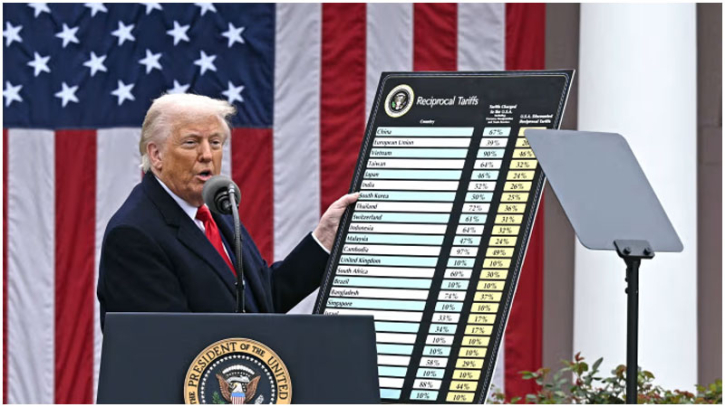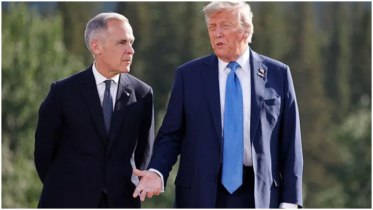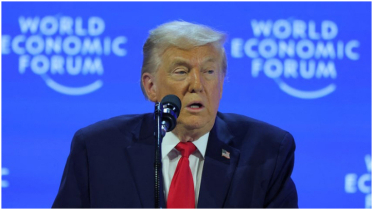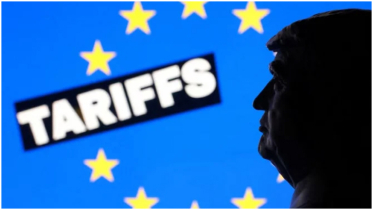US court strikes down Trump tariffs, citing presidential overreach

A US trade court issued a sweeping decision on Wednesday blocking most of former President Donald Trump's blanket tariffs, ruling that he exceeded his constitutional authority by imposing broad duties on imports without Congressional approval.
In a unanimous ruling, a three-judge panel from the Court of International Trade stated that while the president has emergency powers, those do not override Congress’s exclusive authority to regulate international commerce. The court issued a permanent injunction against tariff orders issued since January under the International Emergency Economic Powers Act (IEEPA), declaring them legally invalid.
"The court does not evaluate the effectiveness or strategy behind the tariffs," the judges wrote. "It simply concludes that federal law does not grant the president this authority."
The court ordered the Trump administration to revise its orders within 10 days. In response, the administration immediately filed an appeal, challenging the court’s jurisdiction and defending the tariffs as necessary to address what it deemed a national emergency.
The decision invalidates most of Trump’s tariffs imposed under IEEPA, a law traditionally used to sanction foreign adversaries, not to implement trade policies. However, tariffs issued under other statutes—such as those targeting steel, aluminum, and auto imports—were not addressed in this case.
The case was brought by the Liberty Justice Center on behalf of small businesses, alongside a coalition of 12 states led by Oregon Attorney General Dan Rayfield. The plaintiffs argued that the tariffs were economically damaging and legally unjustified. The court agreed, ruling that the relief applied not only to the plaintiffs but to all affected importers.
“This decision reaffirms that trade policy must follow the law, not a president’s personal agenda,” Rayfield said.
Trump’s use of tariffs has been a hallmark of his trade strategy, aimed at reducing the U.S. trade deficit and pressuring foreign governments into making concessions. The tariffs—ranging from 10% to over 50%—disrupted global supply chains, raised costs for U.S. businesses, and triggered retaliatory measures from key trading partners.
A White House spokesperson defended the policy, saying trade deficits had harmed American workers and industries, and criticized the ruling as judicial overreach. “It is not for unelected judges to decide how to address a national emergency,” said spokesperson Kush Desai.
Financial markets reacted positively to the ruling. The U.S. dollar gained strength against major currencies, and stock futures and Asian equities rose amid hopes for reduced trade tensions.
The ruling marks a significant setback for Trump’s aggressive trade policy and casts uncertainty over ongoing negotiations with countries like China and the European Union. Without the leverage of broad tariffs, the administration may have to seek alternative paths to achieve its trade goals.
More legal challenges to the tariffs are still pending. The final outcome could ultimately be decided by the U.S. Court of Appeals for the Federal Circuit or the Supreme Court.
.png)




